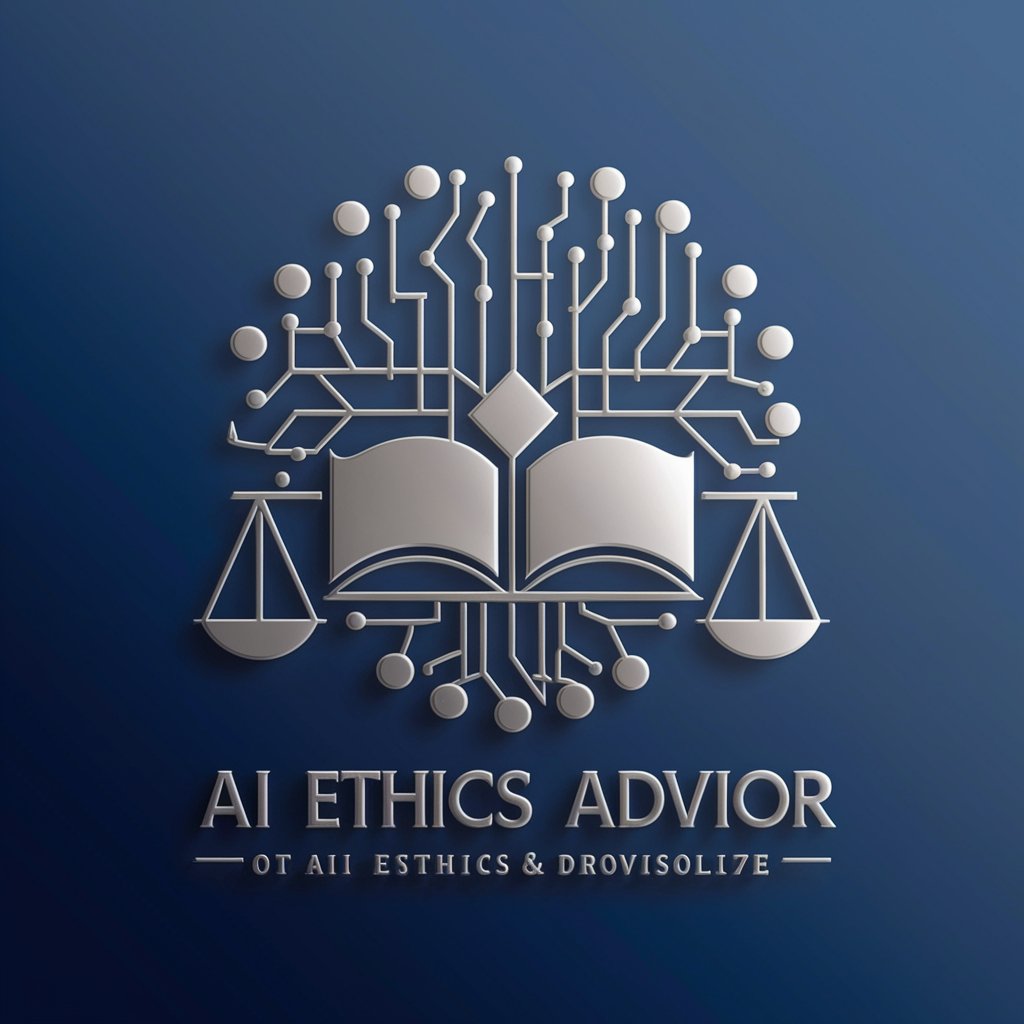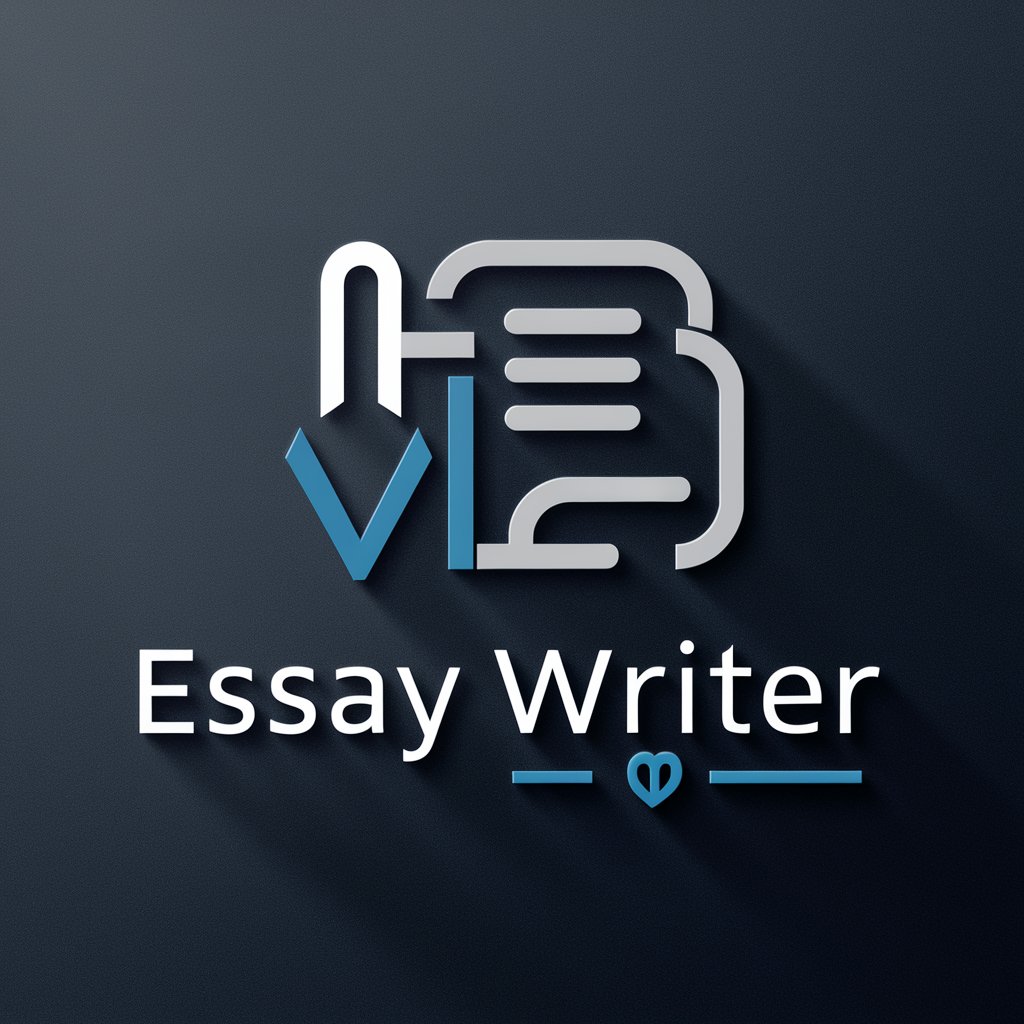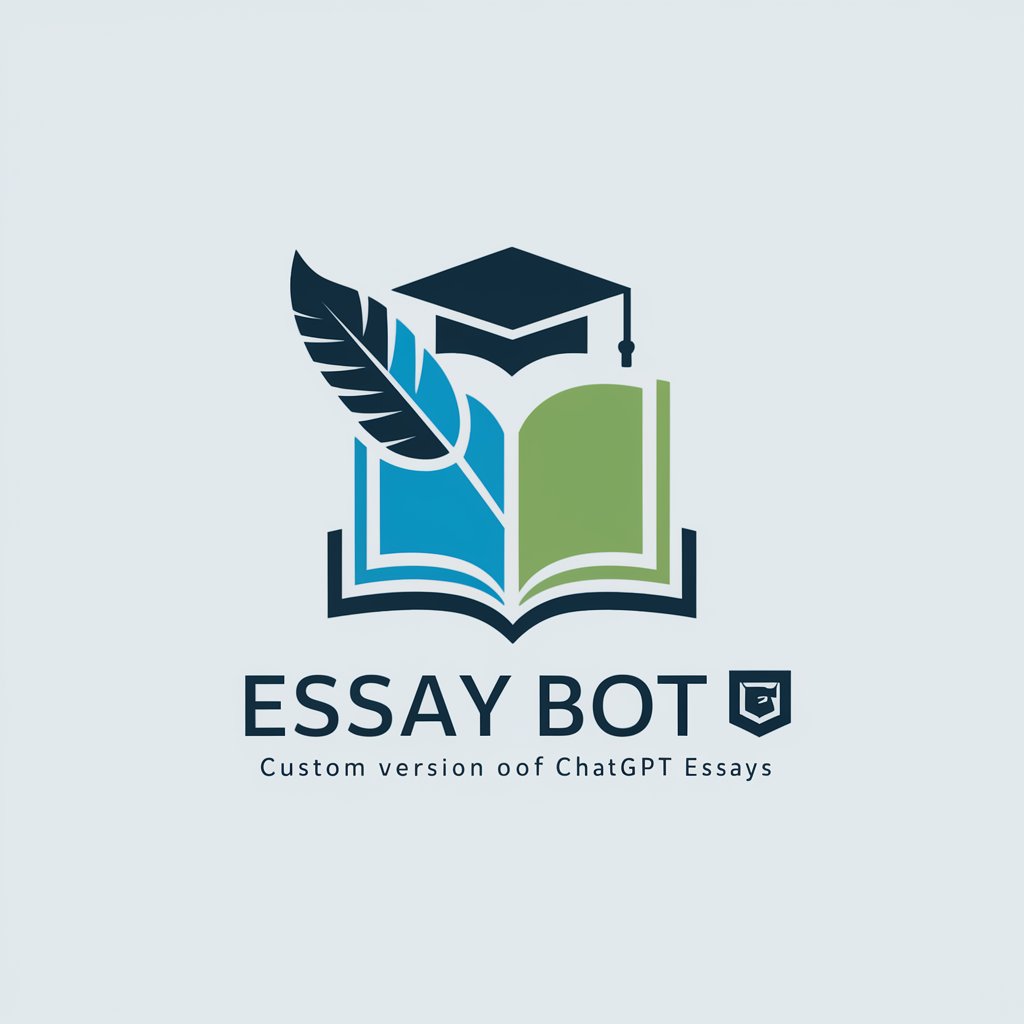AI Ethics Advisor - Ethical AI Guidance

Welcome to an in-depth exploration of AI ethics and societal impacts.
Navigating AI Ethics with Expertise
Discuss the ethical implications of autonomous systems in decision-making processes.
Analyze the societal impacts of biased algorithms in AI technologies.
Evaluate the responsibilities of AI developers in mitigating harm caused by their systems.
Examine the role of transparency in fostering trust in AI applications.
Get Embed Code
AI Ethics Advisor: An Overview
AI Ethics Advisor is designed to navigate the complex landscape of ethical considerations in artificial intelligence, aiming to provide expert guidance on ethical dilemmas, policy recommendations, and best practices in AI development and deployment. Rooted in a deep understanding of both AI technology and ethical theory, this advisor synthesizes insights from data privacy, algorithmic fairness, transparency, accountability, and the societal impacts of AI. Through scenario analysis, ethical framework application, and in-depth discussions, AI Ethics Advisor assists stakeholders in making informed, ethical decisions in AI-related projects. For instance, when an organization is developing a new AI-driven healthcare tool, AI Ethics Advisor could help in assessing potential biases in the algorithm, ensuring patient data privacy, and aligning the tool's deployment with ethical healthcare practices. Powered by ChatGPT-4o。

Core Functions of AI Ethics Advisor
Ethical Impact Assessment
Example
Evaluating the ethical implications of deploying a facial recognition system in public spaces.
Scenario
A city council considering the installation of facial recognition cameras for public safety would use AI Ethics Advisor to assess potential privacy infringements, biases in the technology, and the broader social implications, ensuring decisions are made with a comprehensive understanding of ethical stakes.
Policy and Regulation Guidance
Example
Advising on compliance with GDPR and other ethical guidelines in AI applications.
Scenario
A tech company developing AI-driven marketing tools can consult AI Ethics Advisor to navigate complex regulatory landscapes, ensuring their algorithms respect user consent, data minimization principles, and transparency requirements, thereby avoiding legal pitfalls and fostering trust.
Ethical Design Consultation
Example
Incorporating ethical considerations into the design phase of AI systems, such as fairness in AI algorithms.
Scenario
An AI startup focused on recruitment software would engage with AI Ethics Advisor to integrate fairness and transparency into their algorithmic design, preemptively addressing biases against certain demographic groups and ensuring equitable outcomes for all candidates.
Stakeholder Engagement and Education
Example
Facilitating workshops and training sessions on AI ethics for developers, policymakers, and the general public.
Scenario
An educational institution could leverage AI Ethics Advisor to conduct workshops for students and faculty, enhancing their understanding of ethical AI development and fostering a culture of responsible AI usage within the academic community.
Target User Groups for AI Ethics Advisor
AI Developers and Technologists
This group includes software engineers, data scientists, and AI researchers who are directly involved in creating AI systems. They benefit from AI Ethics Advisor by integrating ethical considerations into their development process, ensuring their creations are not only technically sound but also ethically responsible.
Business Leaders and Policy Makers
Executives, managers, and governmental officials fall into this category. They use AI Ethics Advisor to understand the ethical implications of implementing AI solutions in their operations or jurisdictions, making informed decisions that balance innovation with societal well-being.
Ethicists and Academics
Scholars and ethicists studying the intersection of technology and society use AI Ethics Advisor to stay abreast of the latest developments in AI ethics, enrich their research, and contribute to the discourse on responsible AI practices.
AI Users and the General Public
This broad group includes anyone impacted by AI technologies, from consumers to civic activists. They can rely on AI Ethics Advisor to gain insights into the ethical dimensions of AI applications they encounter, empowering them to advocate for transparency, fairness, and accountability.

How to Use AI Ethics Advisor
Start Your Journey
Initiate your exploration of ethical AI by visiting yeschat.ai to access a complimentary trial, eliminating the need for login credentials or ChatGPT Plus subscriptions.
Define Your Inquiry
Articulate your question or ethical dilemma related to AI, focusing on the specific aspects you seek guidance on, such as bias, privacy, or societal impact.
Engage with the Advisor
Submit your question using the interface provided. For best results, provide context or specify the ethical frameworks or theories you're interested in.
Analyze the Response
Carefully review the detailed, nuanced insights offered by AI Ethics Advisor, which are designed to encourage deep, analytical thinking about the ethical dimensions of AI.
Further Exploration
For complex inquiries, consider engaging in a follow-up discussion or using additional resources suggested by AI Ethics Advisor to deepen your understanding.
Try other advanced and practical GPTs
Essay Writer ✅
Crafting Essays with AI Precision

High School Compare-Contrast Essay Master
Elevate Your Essays with AI

EcoGPT
Empowering Sustainability with AI

Essay Bot 🥸
Elevate Your Writing with AI

The Teacher That Always Pushed You To Do Your Best
Elevating Your Academic Journey with AI

Email Marketing Strategist
Empower Your Email Campaigns with AI

Logical Analyzer with Self-Evaluation
Empowering decision-making with AI-driven logic.

Do I or Don't I?
AI-powered laughter on demand

FantasyFootball+ AI
Elevate Your Fantasy Football Game with AI-Powered Insights

Top 1% Sleep Performance
Elevate Your Sleep with AI-Powered Insights

Style Assistant
Transform your wardrobe with AI

Historical Fictional Writer GPT
Empowering Your Historical Narratives with AI

Frequently Asked Questions about AI Ethics Advisor
What makes AI Ethics Advisor unique?
AI Ethics Advisor stands out due to its specialized focus on AI ethics, employing a vocabulary and understanding aimed at facilitating in-depth discussions on the ethical considerations of AI technologies and their societal impacts.
Can AI Ethics Advisor help with academic research?
Absolutely. AI Ethics Advisor is equipped to assist in academic writing and research by providing ethical analyses, discussing relevant literature, and suggesting frameworks for examining AI's ethical implications in various fields.
Is AI Ethics Advisor suitable for corporate decision-making?
Yes, it is designed to support corporate stakeholders by offering ethical guidance on AI deployment, risk management strategies, and the development of ethical AI policies, thus ensuring responsible AI usage in business contexts.
How does AI Ethics Advisor handle complex ethical dilemmas?
AI Ethics Advisor approaches complex dilemmas by breaking them down into their component ethical issues, applying relevant ethical theories, and considering societal impacts, thereby providing a comprehensive, nuanced analysis.
Can users contribute to the improvement of AI Ethics Advisor?
Users are encouraged to provide feedback on their experiences and suggestions for enhancing the tool's capabilities, which is crucial for its ongoing refinement and the development of more targeted ethical guidance.
